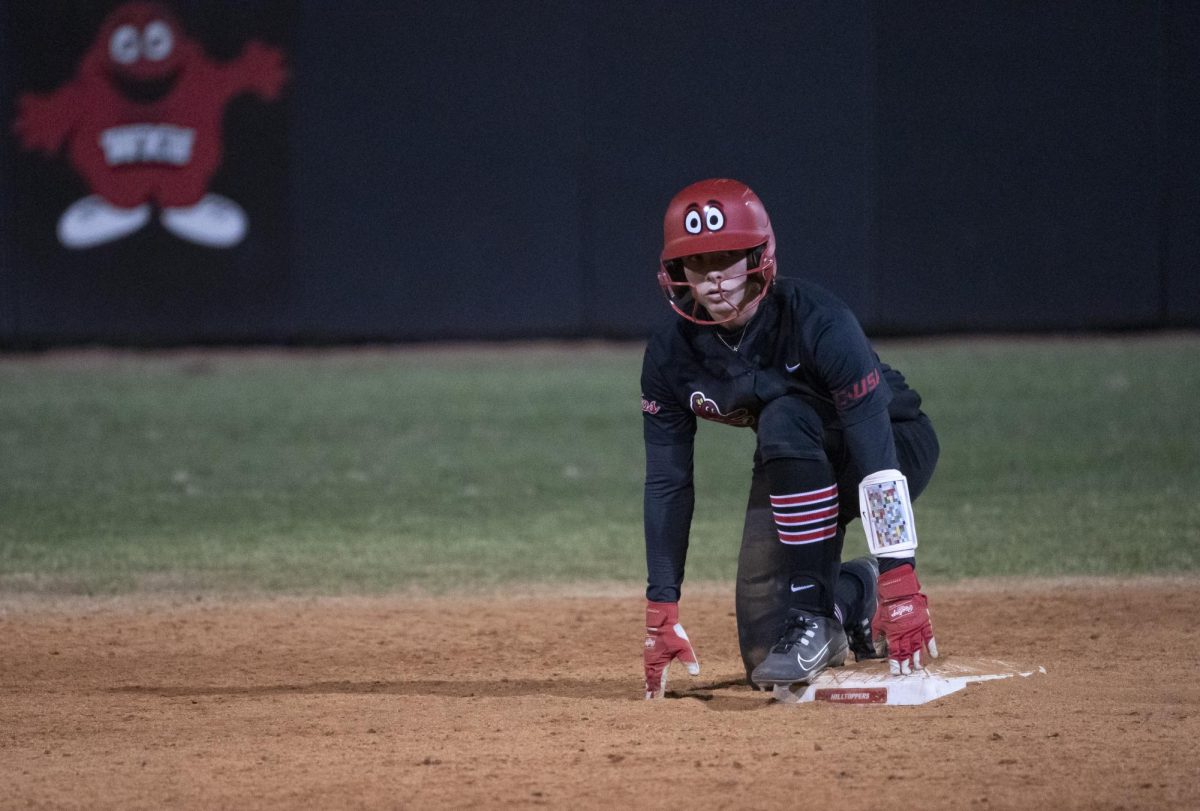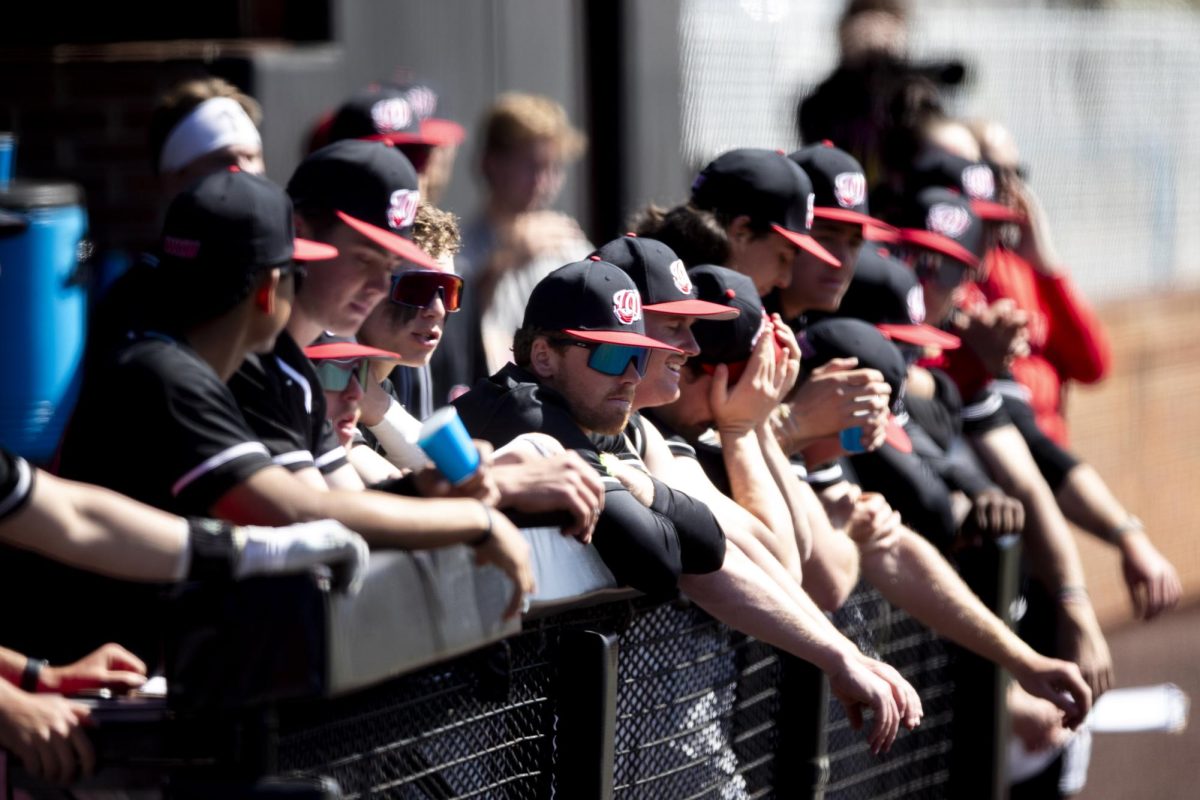Faculty struggle adjusting lost instruction time, benefit from virtual instruction methods
February 18, 2021
In light of the unexpected week off from in-person classes, professors have largely struggled to cope with the sudden loss of a week’s worth of instruction.
However, many feel the situation has been made somewhat smoother by the prevalence of remote instruction and online content management.
Professor of Geology Margaret Crowder touched on the importance of online learning in an email on Feb. 17.
“The ability to record classes, easily extend due dates for online assignments, and provide course links for materials that can be accessed asynchronously [are good],” Crowder stated. “All of this is important because we should not assume that all students will have the same level of access to technology (internet access, etc.) when campus is closed.”
Professor of Economics Brian Goff echoed Crowder’s sentiments.
“For me, the adjustments that we made during the pandemic with the use of Zoom and virtual classes has made it much easier to handle weather-related problems.” Goff stated in an email..
Professor of History Kate Brown has had difficulties with her online classes, mostly in regards to the last-minute schedule changes.
“I get stressed when snow days occur not because I do not enjoy the snow day, but because the re-configuring of a syllabus in the middle of a semester is a tough thing to do,” Brown stated in an email. “Professors do not want to just pile all of the missed work into a class time at a future date, because that might overload their students.”
Brown stated that “it takes a careful recalibration, reorganization, and oftentimes a willingness to cut material to accommodate any amount of snow days!”
Professor of Communications Donna Schiess wanted students to know what they need to do when a snow day occurs.
“It is important for students to communicate with their professors if they have a personal need,” Schiess stated in an email. “We live in a stressful time, and I consider this when I receive a request.”
Schiess also noted the importance of destressing in times like these.
“There has been a heightened sense of anxiety, so I hope playing in the snow helped blow off steam,” Shiess stated.
Margaret Crowder was sure to iterate that students shouldn’t completely abandon their responsibilities when a snow day occurs.
“During snow days (and always!), students should keep up with campus and class announcements and be sure they are still meeting due dates when possible and emailing their professors whenever they have concerns or issues (such as internet access problems),” Crowder stated in an email.
Kate Brown made a similar point in an email, emphasizing communication and a need for extra work.
“Students should communicate with their professors, especially if they are impacted by weather/power outages, etc.,” Brown stated. “And then, when the weather/outage is over, put in the time and effort to make up the work.”
Brown also touched on how the pandemic has raised a sense of sensitivity and empathy among students and faculty, and how these traits affect responses to snow days.
“There is one good thing this year, though: because of the pandemic, everyone at WKU—faculty, staff, students—is sensitive to extraordinary stressors and the need for empathy and equity as the entire community faces unusual hardship and unusual circumstances,” Brown stated in an email. “Because we are all already immersed in that mindset, it makes pivoting to deal with unexpected snow days less jarring than it might otherwise be.”
Shane Stryker can be reached at shane.stryker614@topper.wku.edu. Follow him on Twitter @shanestryker.















